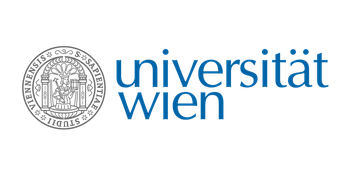Guest Article on ComAI Project Featured in APA’s “Nachgefragt” Series

In a recent guest article for the “Nachgefragt” section of APA-Science (Austria Presse Agentur), Juliane Jarke and Sara Skardelly explore key questions from their ComAI subproject “Health: Care Work through Communicative AI” at the University of Graz.
The article addresses a profound shift in how society perceives aging and health: aging is increasingly seen as an actively shapeable process, one that relies on individual responsibility and technological support—such as voice assistants or chatbots. Against this backdrop, the authors discuss the visions of care, support, and healthy aging embedded in today’s AI systems and how these technologies might be co-shaped.
Using the example of the AI system ElliQ, Jarke and Skardelly illustrate how the role of communicative AI in care work is evolving—from assistive technologies to digital companions capable of recognizing emotions, interpreting behavior, and even alerting family members. This development raises critical societal questions, such as who holds responsibility in the use of such technologies and what new forms of care emerge in the digital age.
The article is based on research conducted as part of Subproject P8 of the international research group “Communicative AI: The Automation of Societal Communication” (ComAI), and was developed within the framework of the FWF-funded project (Grant DOI: 10.55776/I6947).
Read the full article (in German): science.apa.at/power-search/13644009967139092738
16. July 2025Contact:
Prof. Dr. Andreas Hepp
ZeMKI, Center for Media, Communication and Information Research
University of Bremen
Phone: +49 421 218-67620
Assistent Mrs. Schober: +49 421 218-67603
E-mail: andreas.hepp@uni-bremen.de







